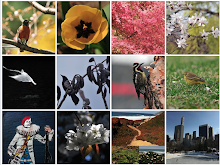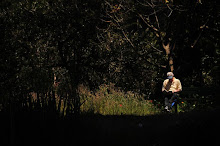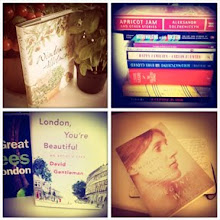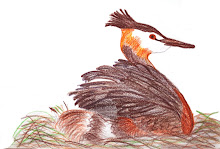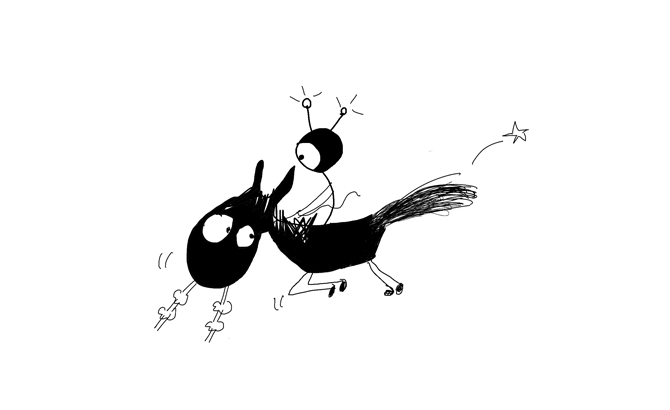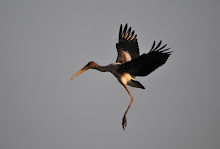In another corner of the earth it is monsoon that ushers in the season of flowers and you feel like whistling even though your shoe is full of slush.* After the May flowers are done with their fiery display a cloud chased by another and then another comes bursting through the sky. And the forecast promises rain. And more rain. Days upon days of rain. As buckets of rain begin to fall, the children start dancing in the street their faces uplifted to the sky.
In another part of the city a different kind of celebration is underway. Every walk through overgrown, dense vegetation bustling with life is too put it blandly an adventure. And if, like me, you have an irrational fear of snakes often a heart stopping one. But the raindrops come falling and flowers, some only half awake, nod in tandem. From high up in the trees the koel (cuckoo) sings a– in part melancholy, in part joyous– tune; much like the monsoon state of mind.
Thus in another hemisphere, in another era, a poet puts his pen on paper in praise of the darkening skies and clouds bulging with the promise of rain.
Wildflowers in order of appearance:
Celosia argentea (known as cockscomb in the gardens).
Argeya nervosa or woolly morning glory or elephant creeper (leaves look like elephant's ears), native to India. Known in Hindi as ghav bel (gugguli).
Forest turmeric (wild haldi– the first flowers of the monsoon).
Hibiscus tertaphyllus (wild bhindi/lady finger/okra).
Commelina or dayflowers.
Costus speciosus (crape ginger, known as keukand in Hindi).
Smilax fruit. The plant is known as kumarika in Hindi.
Trichosanthes (belongs to cucumber family; same family as gourd and pumpkin).
Red Java tea a medicinal plant native to India.
All flowers identified with help from Flowers of India and SGNP flickr group.
*Spring is when you feel like whistling even with a shoe full of slush. – Doug Larson



























